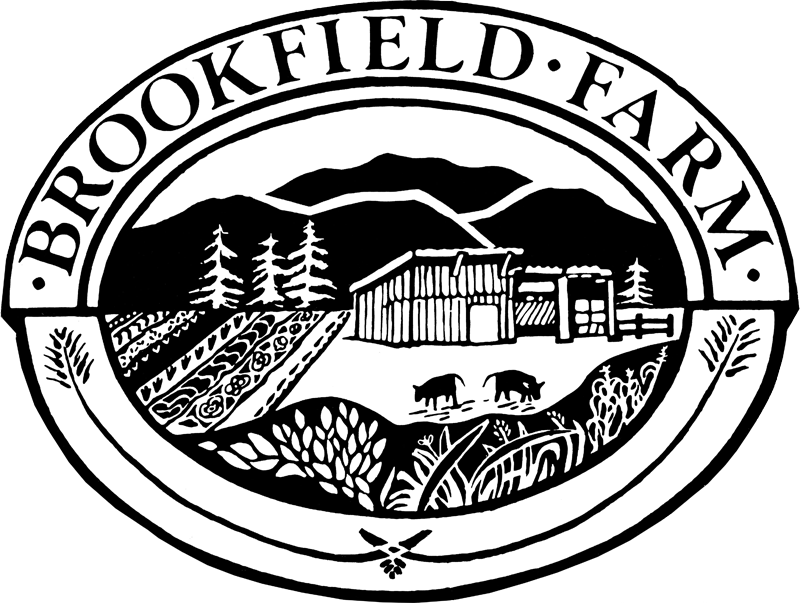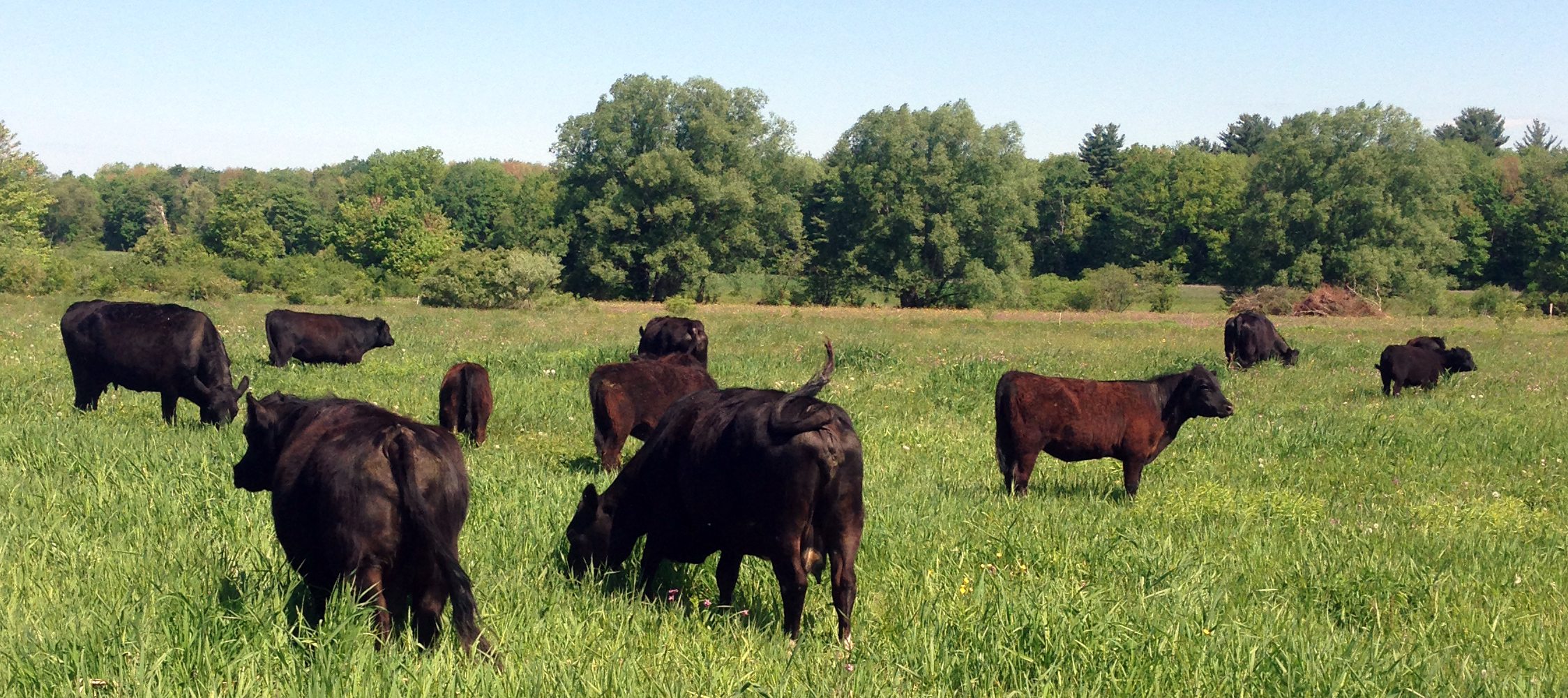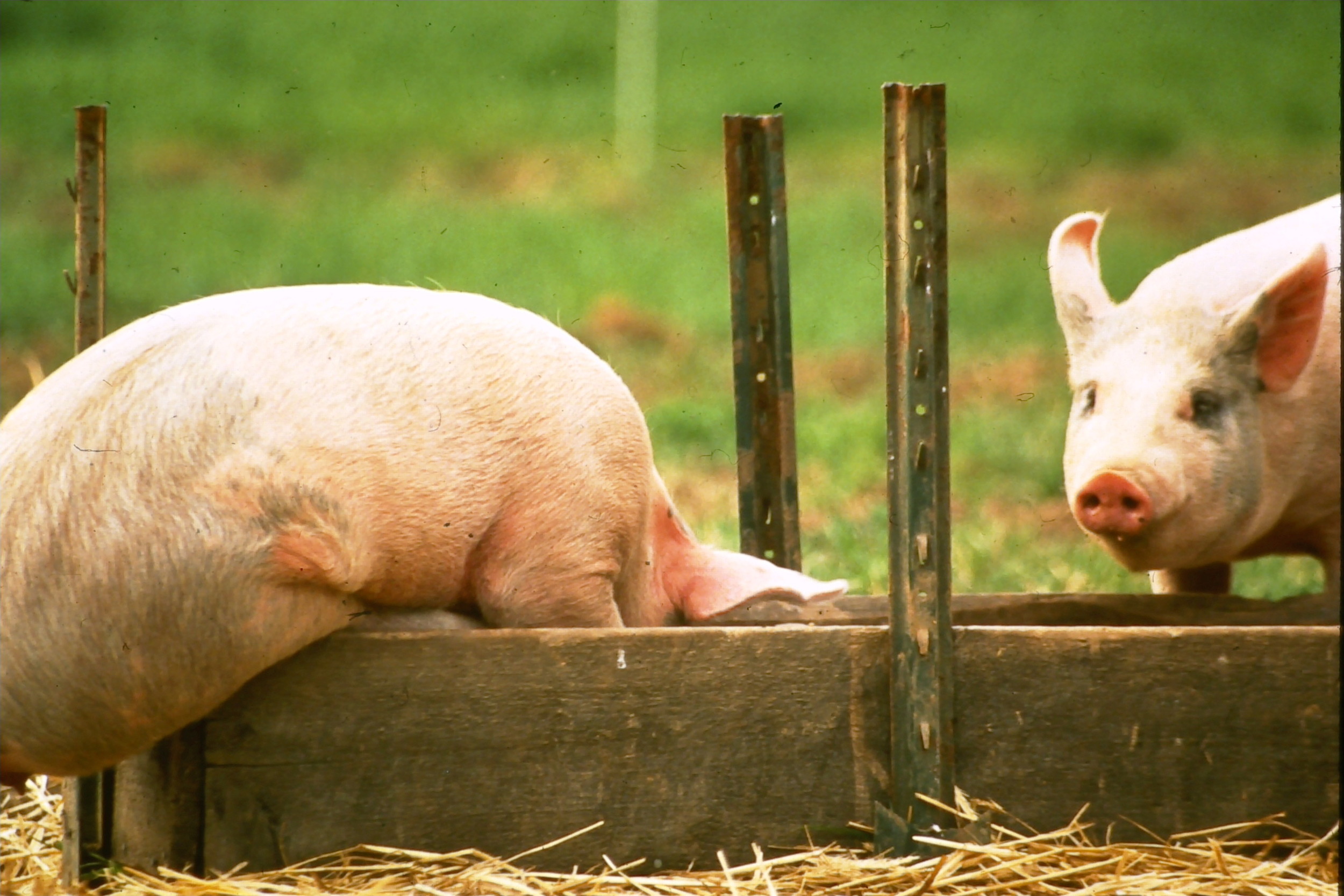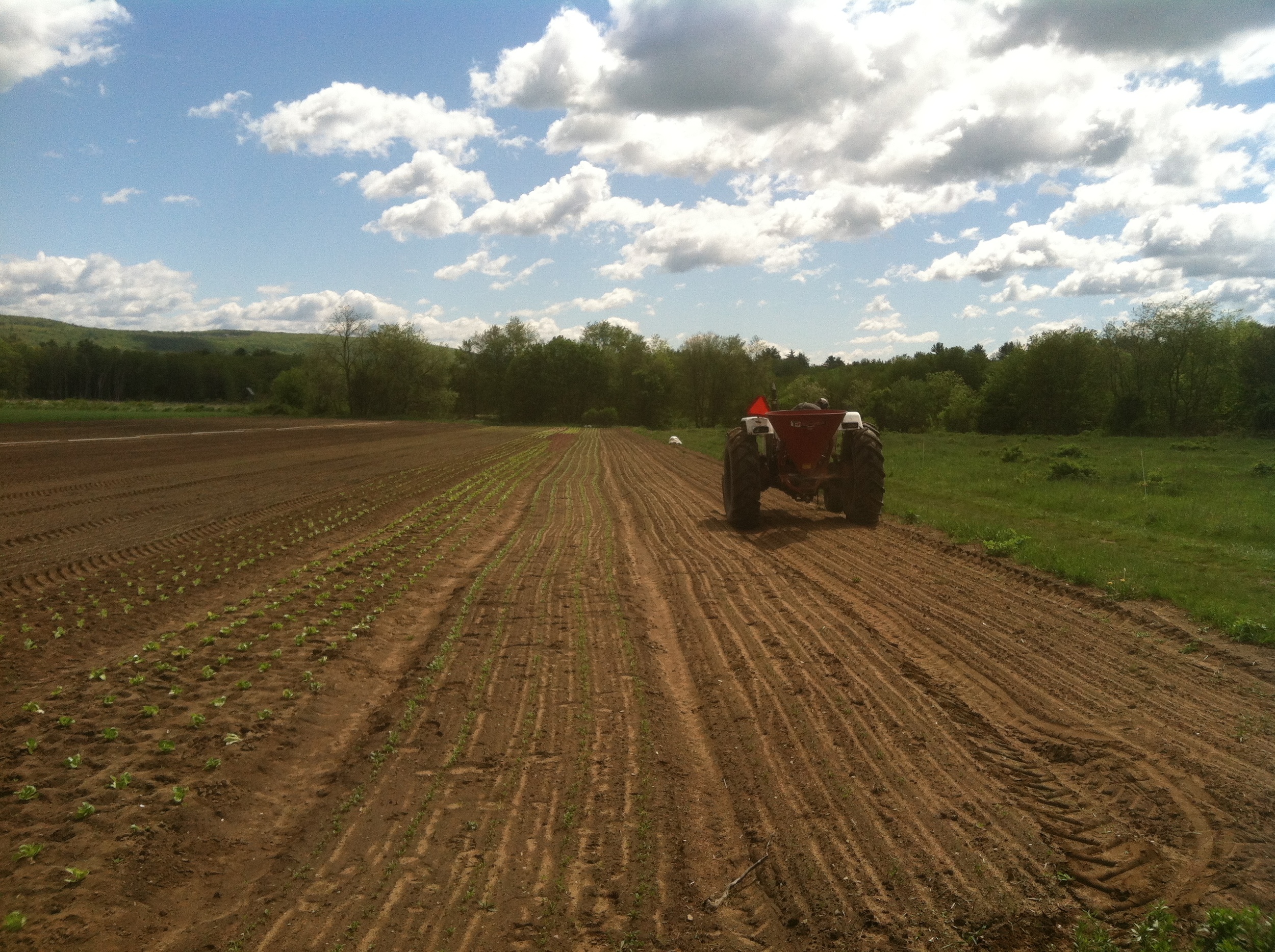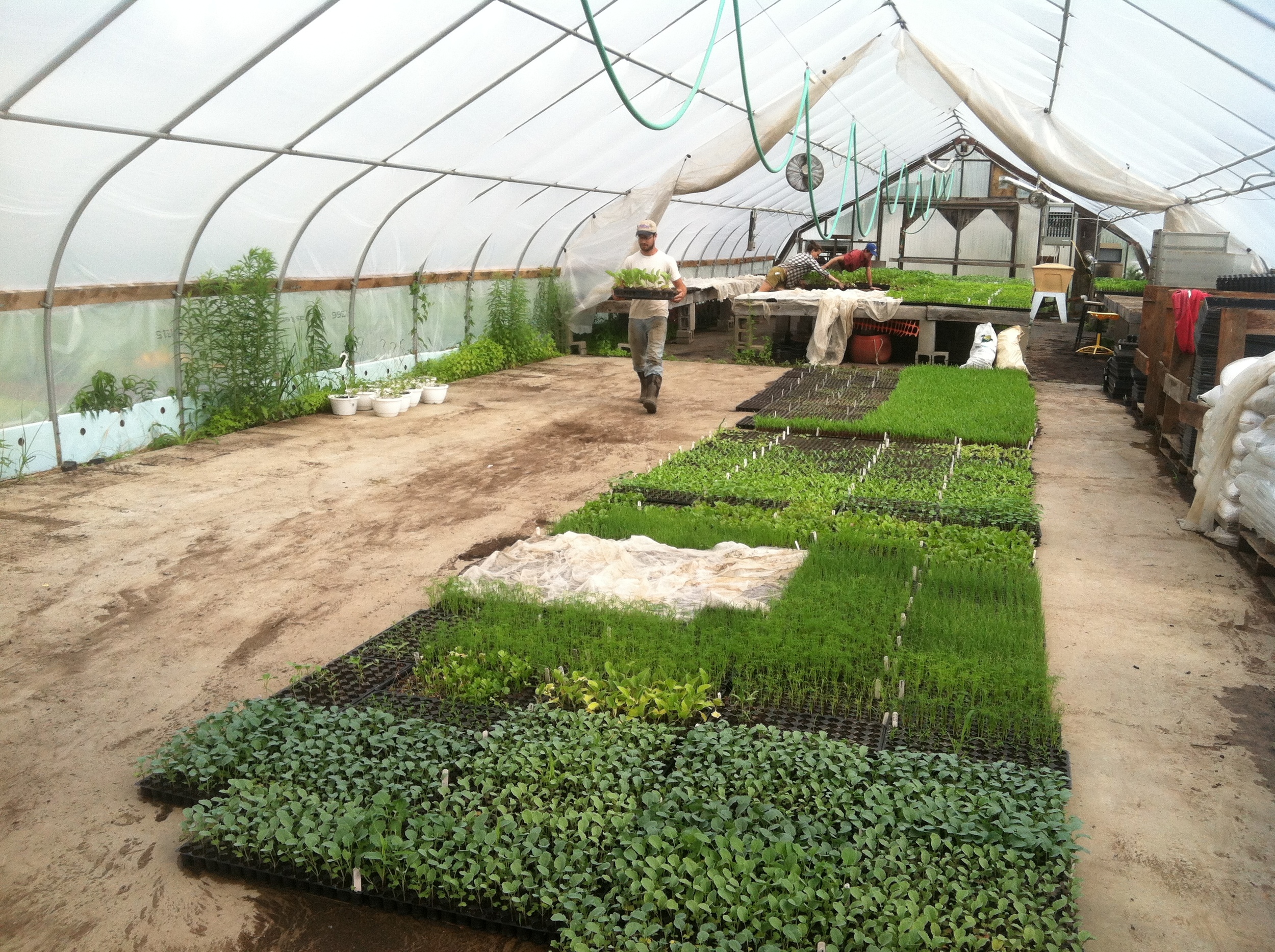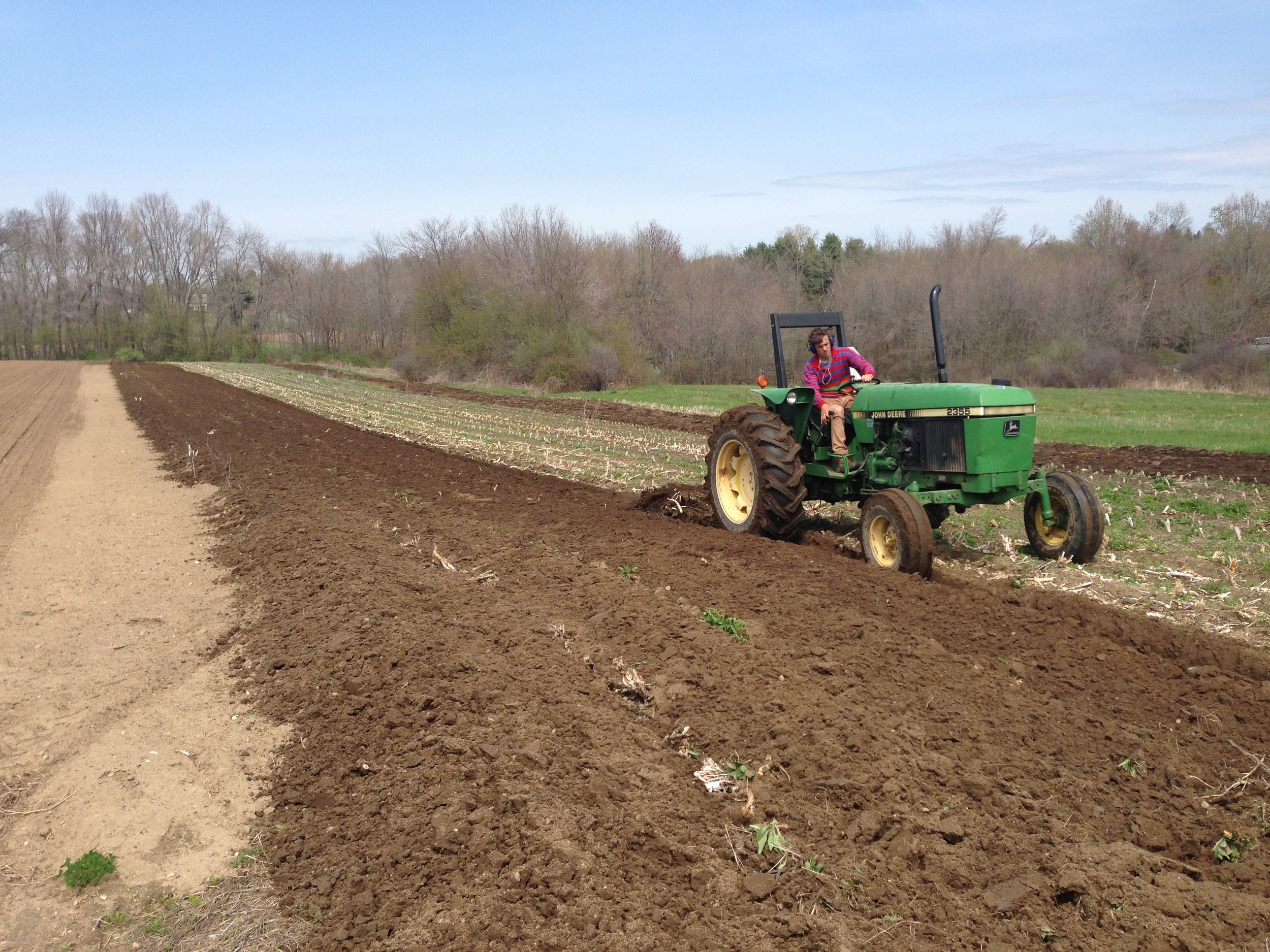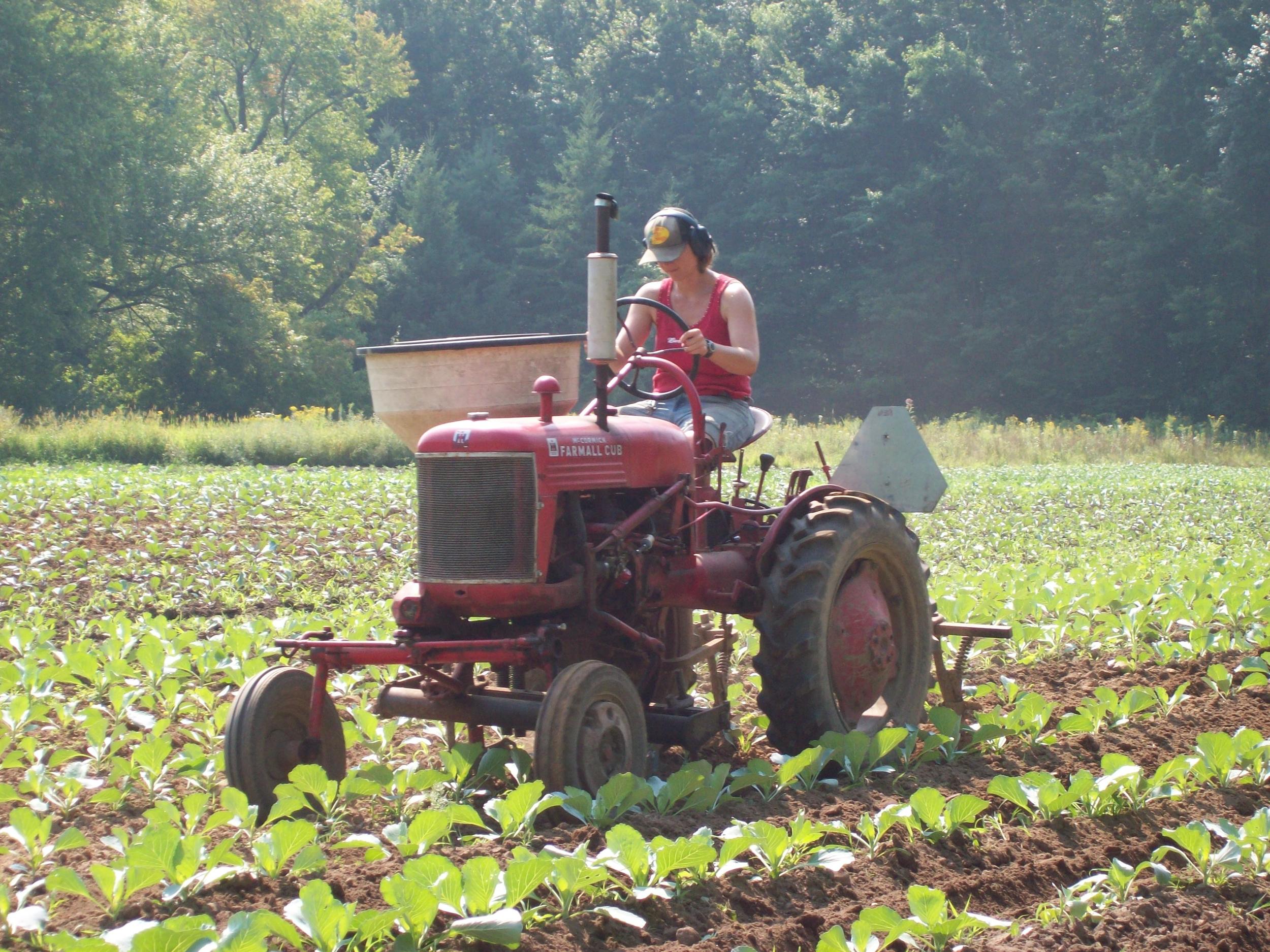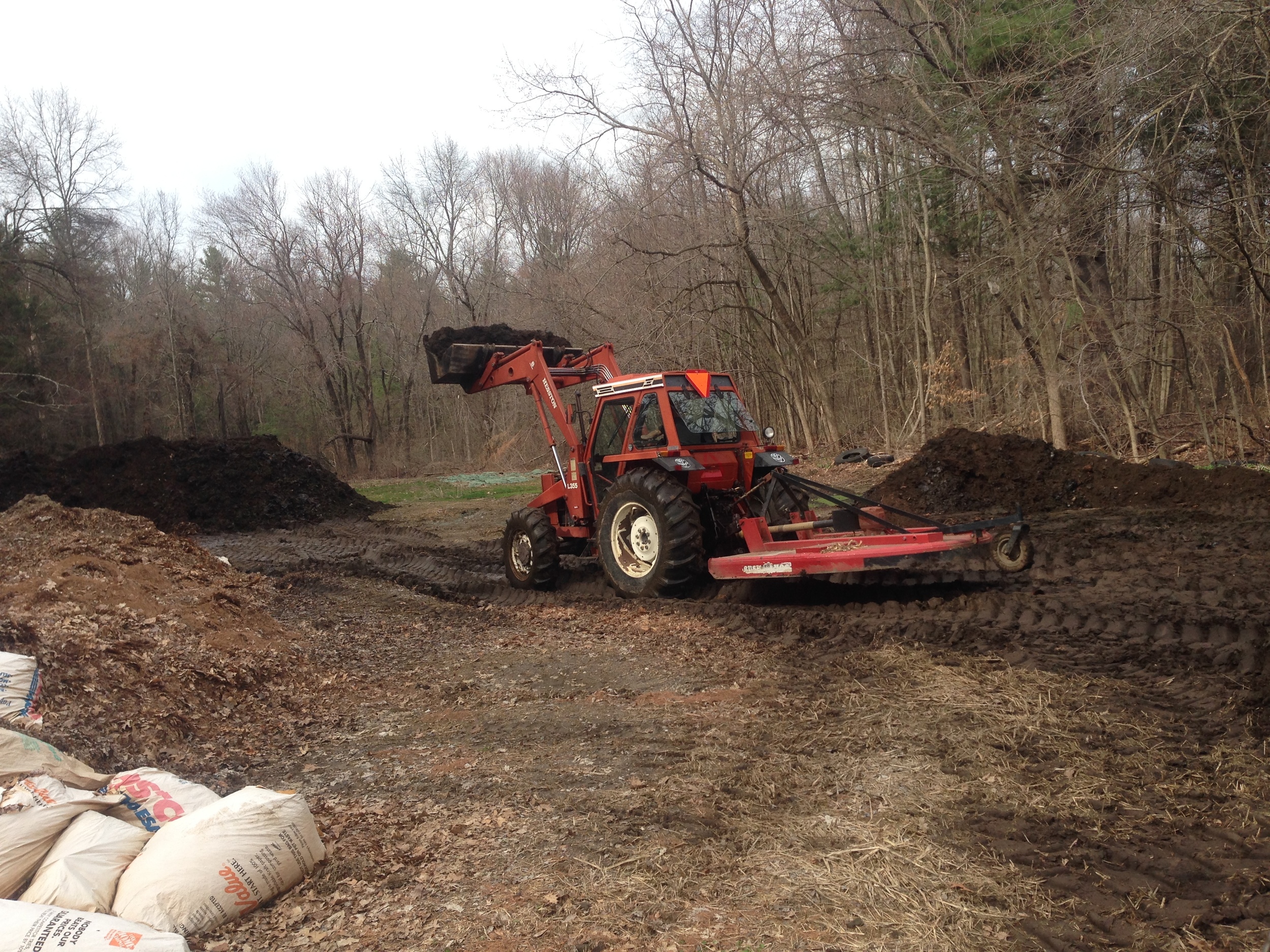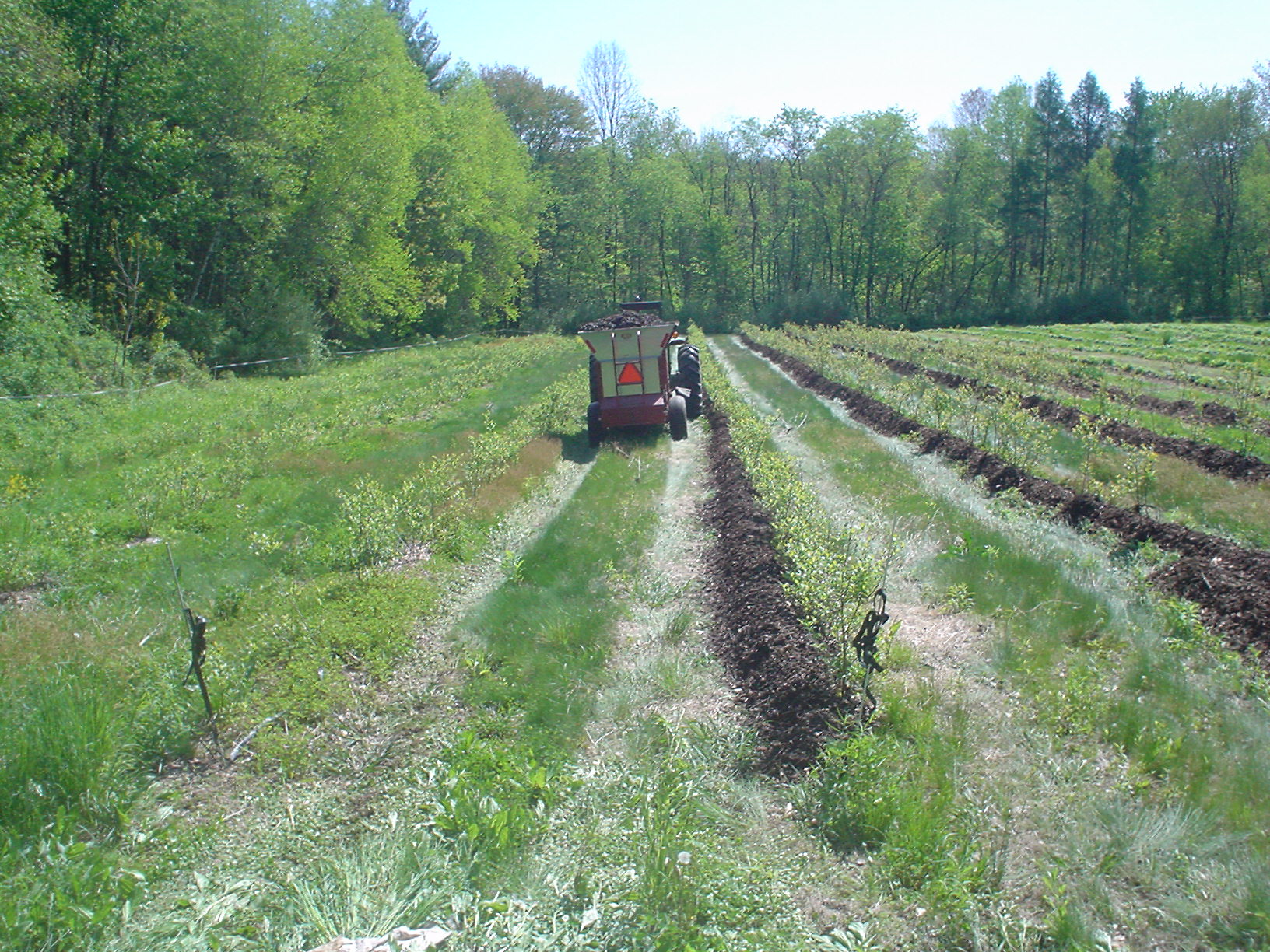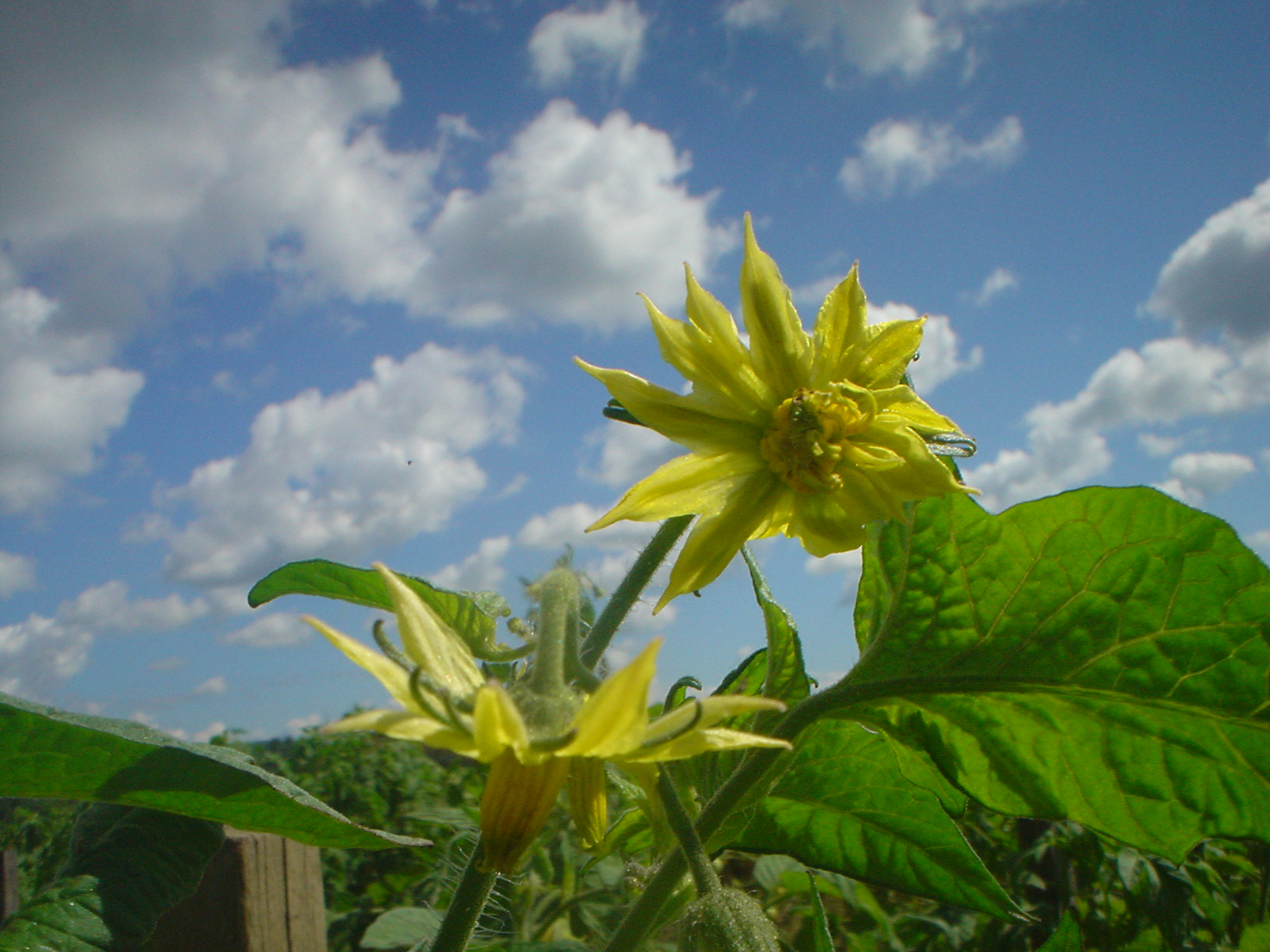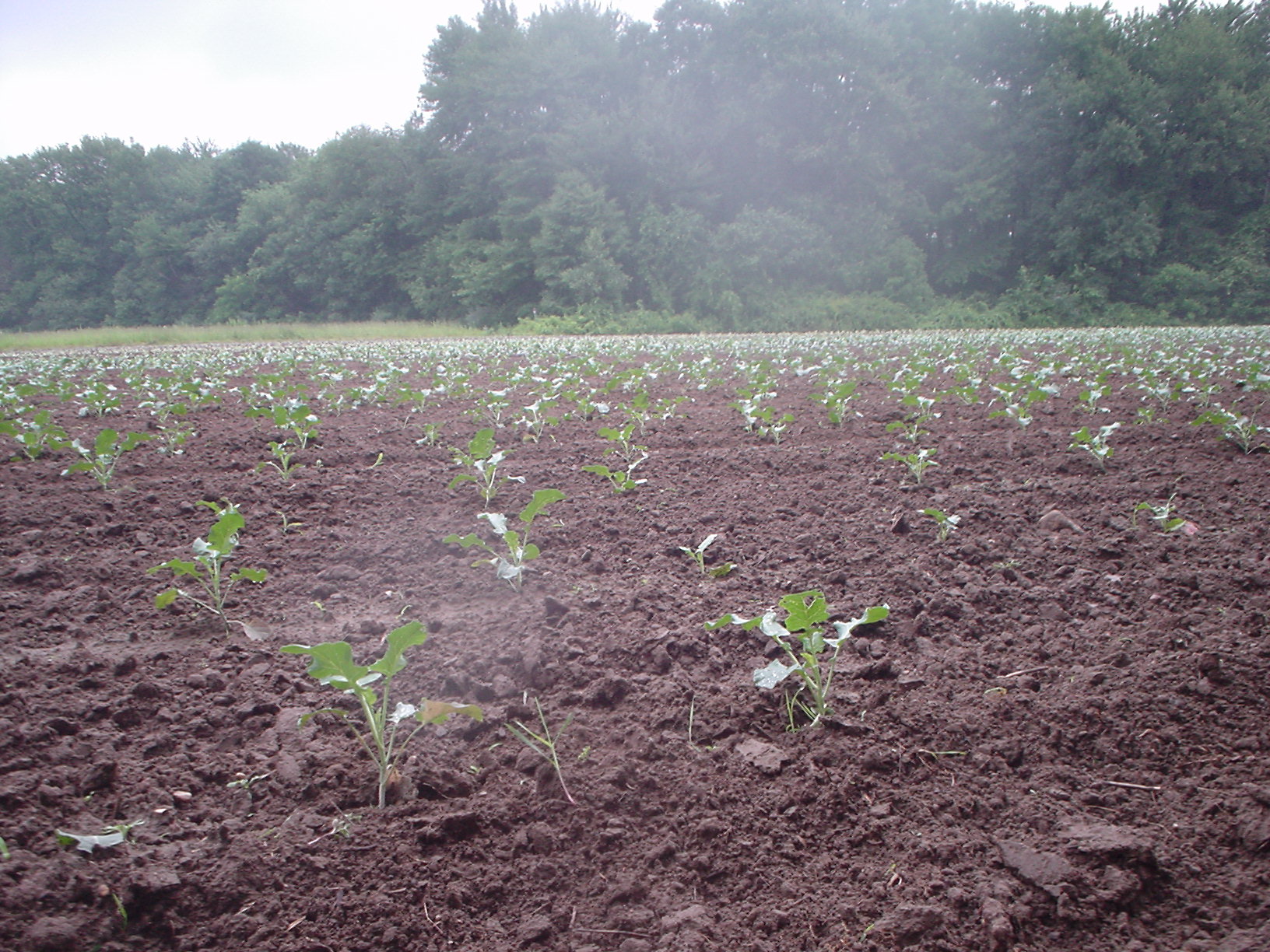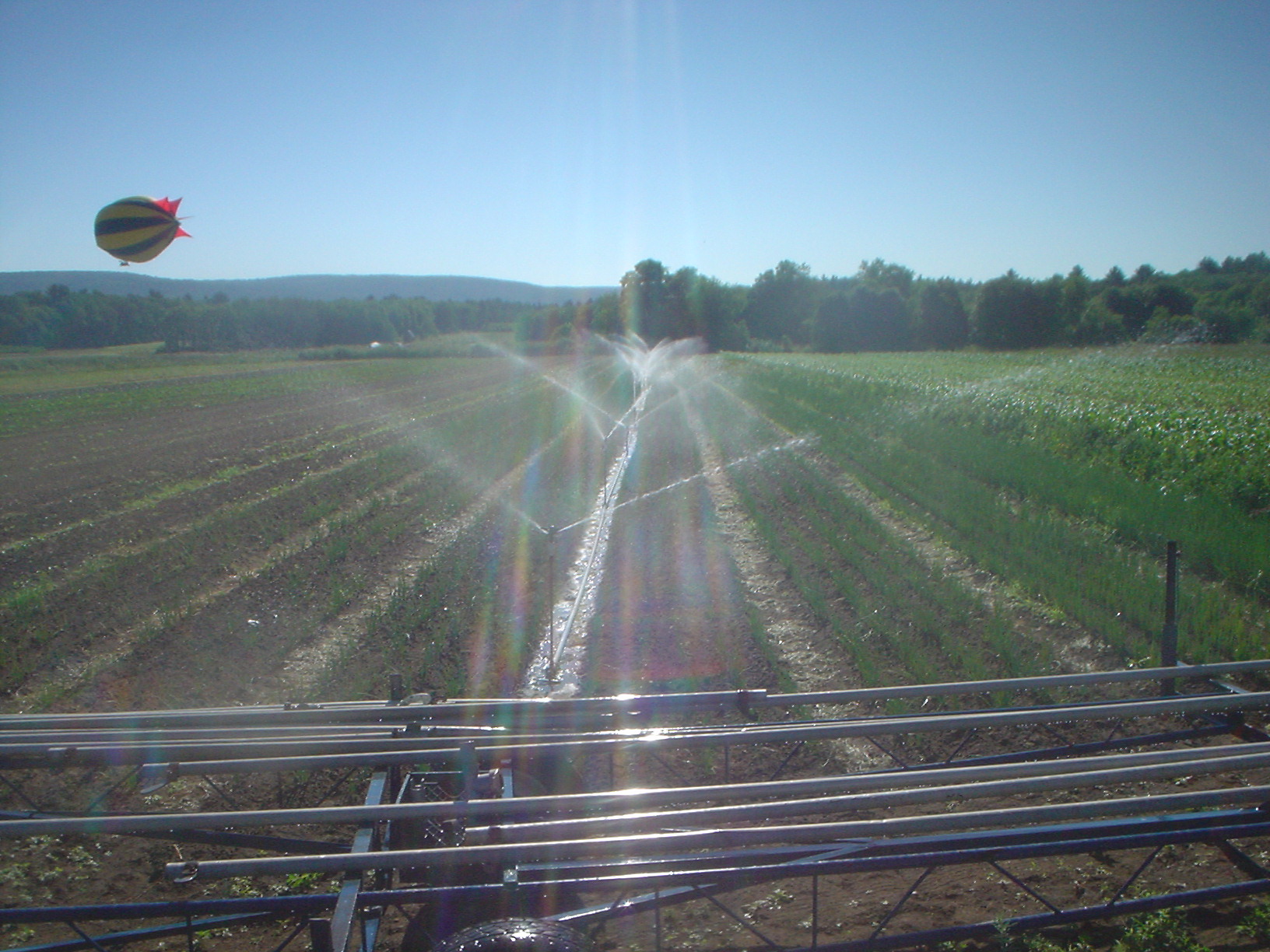Our Growing Practices
Yes, but are you organic!?
Background
Before there was "organic certification", there were hippies in the wilderness who refused to use synthetic chemical fertilizer or pesticides in order to grow crops. No one cared much about them, and they called what they were doing "organic" farming. This term came from Sir Albert Howard in England and JI Rodale in Pennsylvania who developed the "organic method" in the early 20th Century as an alternative to the emerging chemical industrial agriculture complex being born in the West. (At the same time Rudolf Steiner was developing the "biodynamic method" in Europe which is certainly "organic" and some feel, a whole lot more - but that's a story for another day).
The term was confusing, considering "organic" in scientific terms means "containing carbon" and of course there's plenty of carbon on modern chemical industrial farms. In any case, they kept plugging along with their "organic" farming like Don Quixote until Meryl Streep got a bit flustered about the Alar on apples in 1989 and all of a sudden, soccer moms were invented and they wanted their kids to eat "organic" apples and carrots to keep them safe. Now with money to be made (fear = willingness to pay higher prices), suddenly many players came together to ask how we can prove it is organic after all? The farmers had by then created their own criteria, which were regional and contained few compliance mechanisms (teeth!) to stop cheaters.
So in a perfect storm of progress, some farmers, retailers, and consumers all came together and decided to go straight for the topsy-wopsy and get the United States Department of Agriculture (USDA) to define "organic" and appoint "certifiers" and make the whole thing stand up in court. Thus Whole Foods and The National Organic Program were born. It took 12 years, but in 2002 legislation went into effect, saying that the word "organic" can no longer legally be used by old hippies to denote their produce. Only "Certified Organic" farms can legally use the word "organic." Unless they are referring to chemistry.
To Be Or Not To Be
For those of us who were already in it (our farm started selling produce in 1982), the question of whether to certify or just change your vocabulary, depended on your market. If we were a big wholesale operation, and sold all of our produce to Stop and Shop, they would demand our product be "certified organic" or give us a lower "conventional" price. If we went to a farmer's market the market master might demand us to be certified in order to use the word "organic." But when all of our produce is sold directly to consumers in a CSA, the only people who will ask us to be certified are our shareholders.
For a long time, no one ever asked us about it. We always thought we would certify when we needed to. As long as no one asked, we would stop using the word organic on our box truck and on our stickers and our website and just keep doing what we've been doing for 25 years. There is a cost to certification and there is a lot of paper work to prove what we are doing is what we are doing, so to keep costs to a minimum we figured we would just wait and see. We knew how we were farming and we have tried to make the farm practices as visible as possible (that's what the "How We Farm" column in our weekly newsletter is all about) so that people could learn how we farm directly and make their own decisions and to our quality and care. After all, CSA is about having a direct relationship with your farm, right?
OUR GROWING PRACTICES
Anyway, the bottom line with all of this is how do we grow your food? Are we organic if we're not certified? We can't legally say that we're organic, so we'll start from the negative. We don't use any synthetically produced chemicals to grow your food. We don't use petroleum based fertilizers. We don't use antibiotics or artificial hormones. We don't use any products that aren't certified organic to use as pesticides. We are aware of the regulations and feel that we live up to them and frequently go well beyond them. And further, here's what we DO do: We do use mechanical (not chemical) means to deal with weeds and pests (hoeing, tractor mounted weeders, covering plants to keep off the flea beetles, etc). We do use as much compost as possible as a fertilizer (used according to certified organic standards). We do buy certified organic seeds whenever they are available and not cost-prohibitive.
We do keep animals on the farm to keep it diverse and recycle nutrients on the farm. We have created a market where we can harvest, pack, and distribute produce within 24 hours keeping the nutrition content high. These are our agronomic bottom-lines and the ones we hope you judge us on. We encourage you ask us as many questions about our growing practices and visit the farm for a tour any time. We want you to know your farm and be confident of our practices and intentions. We hope in this way to build a lasting relationship of trust and mutual dependence.
If you have any questions about all of this (or anything else about how we grow your food) please send us an email or give a call (413)253-7991. After all, that's what a CSA is all about, right!?!)
Sincerely,
Dan and Karen (for the rest of the crew)
Dan Kaplan & Karen Romanowski
General Managers
Brookfield Farm
Late Blight Addendum
In 2009 there was a severe outbreak of a disease called Late Blight (phytopthera infestans) in tomato and potato crops all along the Eastern seaboard. If you were a shareholder here in 2009 you likely remember that we lost the entirety of our tomato crop that year.
Since enduring that terrible experience we've become a lot more educated on planning for, scouting for, and in an ideal world, preventing Late Blight from hitting our tomatoes again. Late Blight thrives in cool, wet and windy weather. It travels in rainstorms. Each year, we stay tuned (thanks UMASS Extension!) for the latest news and confirmed reports of Late Blight. When we hear of a potential threat close by, we opt to prepare to spray a copper based fungicide called NuCop on the crop on a fairly regular interval as soon as we see the first signs of the blight. The copper product is OMRI certified and we are allowed to use it under the standards of the National Organic Program. It is certainly something that we'd prefer not to use but given the losses we've endured in the past, we decided that we simply can't afford to not do everything in our power to prevent a similar loss again.
While the product we may use on the tomatoes, NuCop (Copper Hydroxide), is relatively benign it is not something to be take lightly. There are 3 important things that you should take away from all of this.
#1. The most important single thing that you should do is wash all of the tomatoes you get in the share before eating. That said you are certainly not at any risk from eating farm tomatoes. The U.S. government's Environmental Protection Agency (EPA) routinely reviews fungicides and their safety. Currently, in the U.S. there are no human toxicity concerns associated with tomatoes treated with copper fungicides. The main risk is actually to the applicator who is handling and mixing concentrated copper in its powder form
#2. We have not been and will not ever spray the u-pick tomatoes (this of course means that we may lose the crop early).
#3. You should know that while we'll do everything humanly possible to bring you as many tomatoes a we can this year, it is a definite possibility that we will lose the crop much earlier than in a "normal" year.
After countless hours spent on these tomatoes from seeding in the greenhouse, to prepping the land for planting, to planting, to cultivating, to staking, to tieing, and weeding we always have a lot invested in this crop. To cut down, pull up, and bury months worth of work in an afternoon is no fun. Here's to hoping that we can coax these plants into a terrific tomato year despite the presence of Late Blight. We hope you will contact us with your thoughts and concerns and will certainly keep you posted as things develop and thank you in advance for your support through the good and bad.
